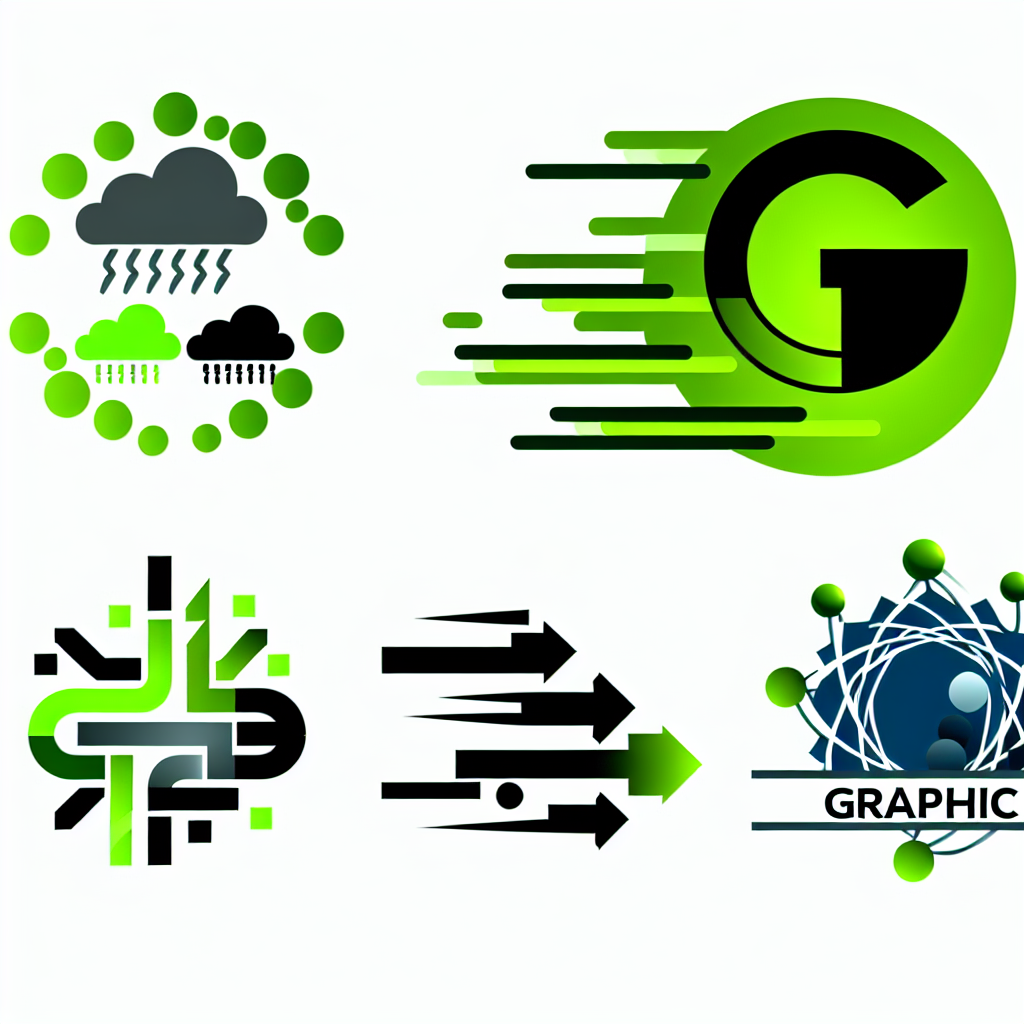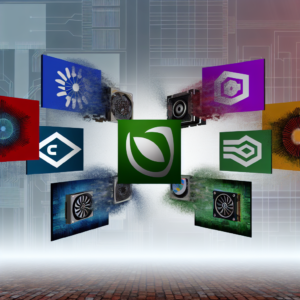Activities
Divisions
Programs
Activities
Divisions
Programs
OpenAI, Qualcomm, Google, Intel, among other tech powerhouses aim to challenge NVIDIA. Here's their strategy
Fearing NVIDIA's monopoly on AI chips and the dependency of AI companies on NVIDIA, several tech giants such as OpenAI, Qualcomm, Intel and Google are strategizing to disrupt the AI Chip leader's reign, by developing substitutes to NVIDIA's CUDA platform.
NVIDIA maintains a tight grip over AI businesses and startups due to its control over AI-capable GPUs. Now, technology firms looking to get a share of the AI hardware market are gearing up to challenge NVIDIA.
NVIDIA, boasting a market cap of $2.2 trillion, has consistently maintained a leading position in the artificial intelligence (AI) sphere. This is mainly attributed to its manufacturing of AI chips, which are used in a broad spectrum of applications by various entities, from emerging startups to tech behemoths such as Microsoft, OpenAI, and Alphabet, Google's parent company.
NVIDIA's dominance in this field is largely attributed to its CUDA platform. This platform, due to its historical performance benefits, has emerged as the go-to tool for constructing AI models. NVIDIA's CUDA platform is so popular that more than 4 million developers worldwide consider it essential for creating AI and other applications.
A group of technology giants, comprising of Qualcomm, Google, and Intel, is currently aiming to contest NVIDIA's supremacy by focusing on its exclusive software that ties developers to its microchips.
The UXL Foundation is leading a group with the goal of developing a collection of open-source software and tools. These will be versatile enough to support a range of AI accelerator chips, thus allowing code to operate on any machine, regardless of its specific hardware.
Vinesh Sukumar, who leads Qualcomm's AI and machine learning division, underscored the initiative's aim of steering developers towards alternatives to NVIDIA's platform. Meanwhile, Bill Magro, who is in charge of Google's high-performance computing, stressed the significance of cultivating an open environment and encouraging diversity in hardware selection.
The technical guidance group of the UXL Foundation intends to complete the technical details by the year's end, focusing on inclusiveness and joint effort among several businesses.
UXL has already received technical contributions and intends to attract more parties involved like cloud computing firms and chip manufacturers. Their goal is to tackle immediate computing issues, especially in the areas of AI and high-performance computing applications.
NVIDIA's supremacy in the AI sector is being challenged not just by the UXL Foundation, but also by venture capitalists and businesses who are investing billions into 93 distinct projects aimed at overthrowing NVIDIA's software superiority. Even though achieving victory in this pursuit is tough, startups are progressively spending on technologies to compete with NVIDIA's established role in the AI industry.
One must understand that the significance of NVIDIA's CUDA software is not only in its features, but also in its deep-rooted use and the code developed around it over the last decade and a half. As the race for dominance in AI intensifies, NVIDIA is increasingly under strain from an expanding network of competitors and pioneers intent on transforming the AI computing landscape.
Search for us on YouTube
Highlighted Programs
Associated Articles
China responds to US tech penalties by prohibiting Intel and AMD CPUs, GPUs in its government computers
OpenAI's presence in Hollywood: Sam Altman suggests Sora as the ultimate tool for filmmakers
Top mobile phones under Rs 75,000 (March 2023): From Apple iPhone 15, OnePlus 12 to Xiaomi 14
Apple, Google, Meta are among the first tech firms to be investigated under the EU's new Digital Markets Act
In response to US tech sanctions, China has banned the use of Intel and AMD CPUs, GPUs in its government computers
In Hollywood, OpenAI's Sam Altman advocates for Sora as the ultimate filmmaking tool
The best phones under Rs 75,000 (March 2023) range from Apple iPhone 15, OnePlus 12 to Xiaomi 14
Apple, Google, and Meta are among the first tech companies to face scrutiny under the EU's newly introduced Digital Markets Act
Available on YouTube.
All content is protected under copyright laws and belongs to Firstpost, 202


























+ There are no comments
Add yours